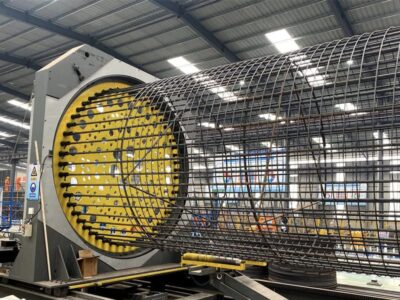While getting the best candidates to fill new positions is always daunting, securing new staff in the biotech industry is even more challenging. This is due to the highly specialized skills that some of the positions require, the changing nature of the job marketplace, and the stiff competition for qualified candidates. From knowledge of the ICH and GCP guidelines to experience with SIP, CIP, and aseptic processing, finding a candidate who has everything that a particular position requires is not easy. As a recruiter, you will have to cast your net wide to be successful. Apply for artificial intelligence course in bangalore to know more.
Traditional Jobs Boards
Traditional job boards are popular with recruiters and job seekers in any industry. In fact, according to a past study carried by the Millennial Branding [1], 82% of Generation X and 77% of Generation Y job seekers often turn to job boards when looking for opportunities online. And 45% of human resource managers have hired candidates via job boards. But are job boards effective for biotech recruiting or more effective thana recruiter like LifeSci?
Well, while established job boards such as Zip Recruiter and Indeed reach a wide audience, many of the candidates that see your job posting may be in other industries other than biotech. This makes it a bit difficult to target a specialized talent pool with the skill sets that you need.
The Use of AI in Biotech Recruiting Process
The above challenges have forced biotech companies to look for other alternatives and the best option seems to be artificial intelligence (AI). Over the past few years, AI-supported recruitment system has become the go-to tool for biotech companies that are looking to simplify their recruiting processes and grow faster.
AI-based biotech recruiting systems address the common pitfalls of job boards[2] and come with a wide range of benefits, including:
• Improving the quality of hires by leveraging data analytics to match the right candidates with the positions in question. The systems employ data-centered search algorithms that can narrow a list of thousands of applicants down to just a few based on the requirements for a particular position.
• When hiring for high-volume positions, IA-based systems enhances efficient scaling without the need of employing additional recruiters.
• AI systems reduce the time required to hire the right candidates for open positions. For instance, by automating the recruitment process, the HR departments can reduce the amount of time they need to recruit, interview, and bring onboard the right candidates.
• AI-based recruitment processes also help biotech companies eliminate inherent human errors and biases in the recruitment process, which can go a long way in helping the companies diversify their talent pools. AI systems return the data for the best candidates based on data points only. This pulls a more diverse list of potential recruits faster than a human being sifting through resumes would.
With the biotech industry growing at a rapid pace, companies are competing against each other to hire the best talents from an undersized pool of candidates. Accordingly, using job boards and other traditional recruitment processes may not be efficient. Fortunately, AI-based biotech recruiting systems are providing a greater alternative for companies to overcome the hiring challenges of the old systems to find the best candidates fast and efficiently. Learn more about it at artificial intelligence course











Comments